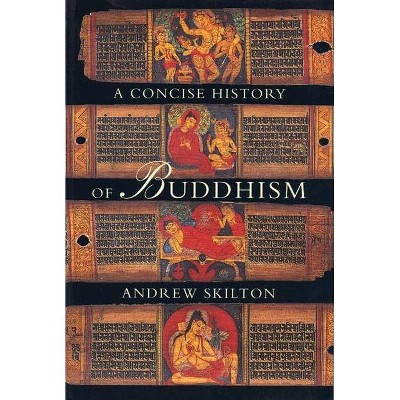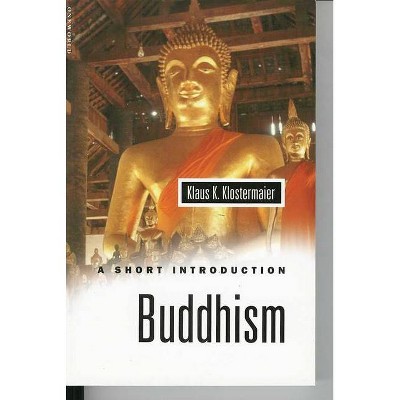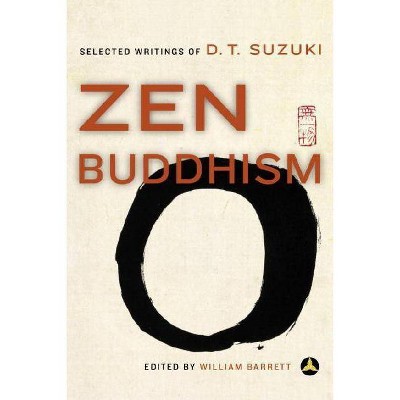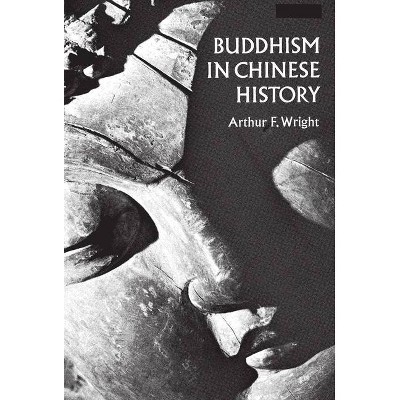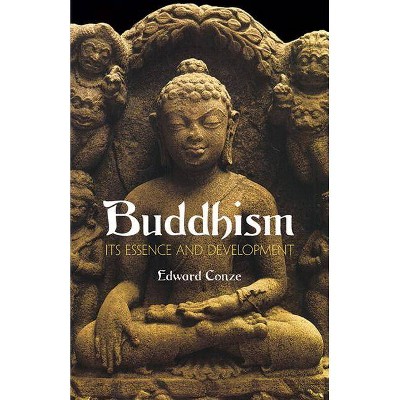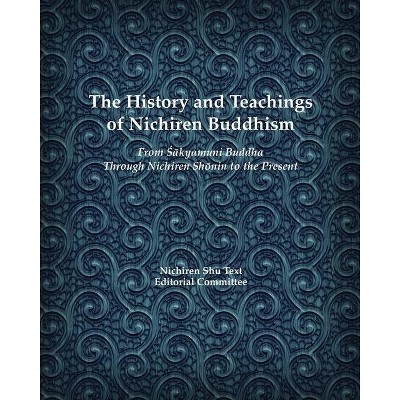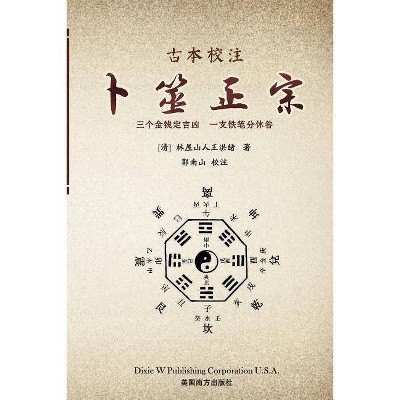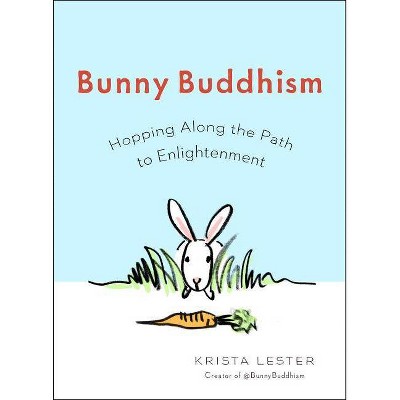A Cultural History of Japanese Buddhism - (Wiley-Blackwell Guides to Buddhism) by William E Deal (Paperback)
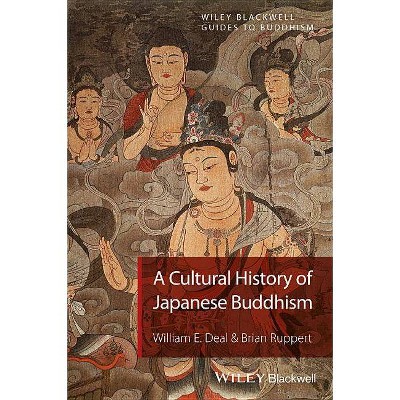
Similar Products
Products of same category from the store
AllProduct info
<p/><br></br><p><b> About the Book </b></p></br></br>"Offers a vivid, nuanced, and chronological account of Buddhistreligion in Japan -- from its emergence in the sixth centuryright through to the present day"--<p/><br></br><p><b> Book Synopsis </b></p></br></br><p><i>A Cultural History of Japanese Buddhism</i> offers a comprehensive, nuanced, and chronological account of the evolution of Buddhist religion in Japan from the sixth century to the present day.</p> <ul> <li>Traces each period of Japanese history to reveal the complex and often controversial histories of Japanese Buddhists and their unfolding narratives</li> <li>Examines relevant social, political, and transcultural contexts, and places an emphasis on Japanese Buddhist discourses and material culture</li> <li>Addresses the increasing competition between Buddhist, Shinto, and Neo-Confucian world-views through to the mid-nineteenth century</li> <li>Informed by the most recent research, including the latest Japanese and Western scholarship</li> <li>Illustrates the richness and complexity of Japanese Buddhism as a lived religion, offering readers a glimpse into the development of this complex and often misunderstood tradition</li> </ul><p/><br></br><p><b> From the Back Cover </b></p></br></br><p><i>A Cultural History of Japanese Buddhism</i> presents a vivid, nuanced, and chronological account of Buddhist religion in Japan, from its emergence in the sixth century right through to the present day. Authors William Deal and Brian Ruppert, both experts on Japanese religions, explore each period of Japanese history to reveal the complex and often controversial histories of Japanese Buddhists and their unfolding narratives. </p> <p>Incorporating the most recent Japanese and Western scholarship, the book explores the contexts that made possible the introduction of Buddhist texts and images in the sixth century; traces their development through the Nara and early Heian eras; and reveals the increasing influence of Buddhism into the Kamakura Era. It addresses the increasing competition between Buddhist, Shinto, and Neo-Confucian world-views through to the mid-19th century, and following Japan's emergence as a world power, explores Buddhist thought and practice from World War II through to the present day. Offering readers more than a simple historical review, the authors also reveal the seemingly contradictory ways that Japanese people are able to draw upon Buddhist ideas to help create a more meaningful world, whilst at the same time justifying multiple and competing perspectives. With scholarly precision, <i>A Cultural History of Japanese Buddhism</i> offers an illuminating glimpse into the evolution of a complex and often misunderstood religious tradition.</p><p/><br></br><p><b> Review Quotes </b></p></br></br><br><p>"In short, this study is a welcome contribution to the field and will make an excellent textbook for the classroom." (<i>Japanese Journal of Religious Studies</i>, 1 October 2015)</p><br><p/><br></br><p><b> About the Author </b></p></br></br><p><b>William E. Deal</b> is Severance Professor of the History of Religion in the Department of Religious Studies and Professor of Cognitive Science in the Department of Cognitive Science at Case Western Reserve University, and Associate Director for Digital Humanities at the Baker-Nord Center for the Humanities. He is the author of <i>Theory for Religious Studies</i> (with Timothy K. Beal, 2005) and <i>Handbook to Life in Medieval and Early Modern Japan</i> (2006).</p> <b>Brian Ruppert</b> is Associate Professor of Japanese Religions at the University of Illinois, where he is a faculty member in the Department of East Asian Languages and Cultures and the Department of Religion. His publications include <i>Jewel in the Ashes: Buddha Relics and Power in Early Medieval Japan</i> (2000), Buddhism in Japan (<i>Encyclopedia of Religion</i>, 2nd ed., 2005), and Buddhism and Law in Japan (<i>Buddhism and Law: An Introduction</i>, 2014).
Price History
Price Archive shows prices from various stores, lets you see history and find the cheapest. There is no actual sale on the website. For all support, inquiry and suggestion messagescommunication@pricearchive.us
